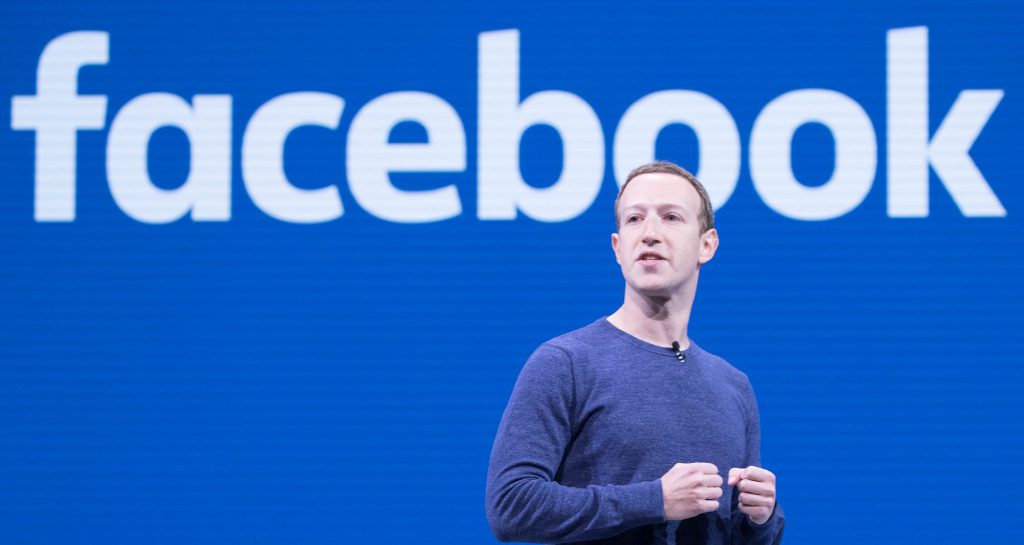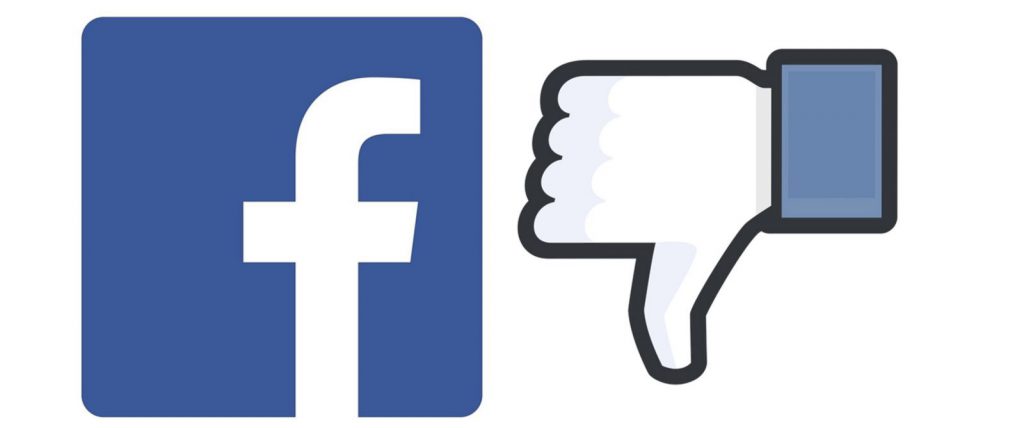A look at Facebook’s Internet.org
Estimated reading time: 3 minutes, 36 seconds.

In 2013, Facebook CEO Mark Zuckerberg announced a new project, in partnership with six companies, that aimed to increase access to the internet in the developing world. It was called Internet.org. The project was two-fold: Firstly, for people who were in range of internet services but couldn’t afford to be online, Internet.org would provide an app (named Free Basics) through which they could browse a number of ‘sites’ for free. Secondly, for those who were out of range of internet services, it would invest in technology that could provide connectivity in those areas, such as drones and lasers.
A ‘humanitarian’ project
Internet.org was presented as a humanitarian project; as Jessi Hempel points out in his article about Internet.org for Wired, its name ends in ‘dot org’, which is usually associated with non-profit organisations. Zuckerberg proclaimed that connectivity should be a human right. The idea was that getting more people online would improve their lives and give them more opportunities. But it’s debatable whether this vision of economic development sparked by digital access actually makes people less poor.
The project faced criticism right from the beginning, for violating net neutrality and discriminating against companies not on the app, in favour of Facebook. At one point, 67 human rights groups signed an open letter to Zuckerberg accusing Facebook of building a ‘walled garden’. Regulators later banned the Free Basics app in India for reasons of net neutrality. So when it comes to data justice, can companies like Facebook ever be neutral?
Is some internet always better than no internet?
It could be argued that Facebook was in a unique position to take on such a project, having the resources, the know-how and the global reach. Facebook has teams of engineers working in its Connectivity Hub. So why shouldn’t it use its position to increase connectivity for the world’s population? After all, surely some internet is better than no internet.
But some internet may not be better, if it is manipulated. Linnet Taylor’s three pillars of data justice stipulate ‘autonomy in technology choices’ as a requirement. By sending people through Facebook to access a small number of paired-down sites, vetted by Facebook and including Facebook, Internet.org is taking away this autonomy. Unlike the real internet, which has millions of sites, Free Basics is not unfiltered. Neither is it really free, as Facebook gains valuable data from its users. The company has also claimed that certain actions, such as a payments experiment within Messenger and the acquisition of messaging service Whatsapp, were a way to increase global connectivity. All of these have clear benefits for Facebook as a company.

Unintended consequences… but are they all?
In The algorithmic colonization of Africa, Abeba Birhane argues that importing Western AI systems founded upon individualistic and capitalist drives can cause more harm than good, and that guidelines and safeguards are needed in a way that accounts for local values. Otherwise, there can certainly be unintended consequences, for example when Facebook is used for abuse or to incite violence in developing countries, where there may be little or no regulation or safeguards against it.
“As we hand decision-making regarding social issues over to automated systems developed by profit-driven corporations, not only are we allowing our social concerns to be dictated by corporate incentives (profit), but we are also handing over complex moral questions to the corporate world.”
Abeba Birhane
Although Zuckerberg initially defended the project publicly, criticism of Internet.org only mounted, and more recently, Facebook has continued investing in technology for providing connectivity – such as a solar-powered, plane-sized drone called Aquila – while remaining quiet on Internet.org. Other projects include Express Wifi, which provides internet access via public wifi hotspots. But Facebook continues to find itself in hot water over data justice issues, such as recently over the transfer of data about European customers to servers in the U.S.
Facebook is not the only company that has invested in increasing internet access in the developing world; Microsoft and Google both have similar projects, for example. The difference is that they didn’t label them as philanthropic ventures. Perhaps they knew, unlike Zuckerberg at the time, that as profit-driven companies, they could never be unbiased.
What do you think? Is there any way that corporate projects can be neutral? Please tell us in the comments below.
This post is written by Jessica Wright. Find out more about the authors of this blog.
References
Birhane, A. (2019). The Algorithmic Colonization of Africa. Retrieved September 22, 2020, from Real Life Mag. https://reallifemag.com/the-algorithmic-colonization-of-africa/
Cinnamon, J. (2019). Data inequalities and why they matter for development. Information Technology for Development, 26 (2), pp. 214-233
Gilbert, D. (2020). Facebook Says it Will Stop Operating in Europe If Regulators Don’t Back Down. Retrieved September 22, 2020, from Vice. https://www.vice.com/en_us/article/889pk3/facebook-threatens-to-pull-out-of-europe-if-it-doesnt-get-its-way
Graham, M. (ed.) (2019). Digital Economies at Global Margins. Ottawa/Boston: IDRC/MIT Press.
Hempel, J. (2018). What Happened to Facebook’s Grand Plan to Wire the World? Retrieved September 22, 2020, from Wired. https://www.wired.com/story/what-happened-to-facebooks-grand-plan-to-wire-the-world/
Spratt, S. & Baker, J (2016). Big Data and International Development: Impacts, Scenarios and Policy Options. Brighton: IDS.
Taylor, L. (2017) What is data justice? The case for connecting digital rights and freedoms on the global level. Big Data & Society.
